Net migration to the UK hit a record high of 745,000 in 2022, official figures showed Thursday, piling pressure on Prime Minister Rishi Sunak who has vowed to reduce new arrivals, reports AFP.
Immigration, long a key political issue in Britain, and is set to be one of the main battlegrounds in a general election expected next year.
The Office for National Statistics (ONS) said net migration -- the difference between the number of people leaving Britain and those arriving -- for last year was higher than previously thought.
It revised upwards by 139,000 from the previous record figure of 606,000 for 2022, released in May, citing "unexpected patterns" in the behaviour of migrants.
The ONS added though that its estimate for the year to June 2023 was lower at 672,000.
"While it is too early to say if this is the start of a new downward trend, these more recent estimates indicate a slowing of immigration coupled with increasing emigration," it said.
Home Secretary James Cleverly said the number through to June "is not showing a significant increase from last year`s figures and is largely in line with our own immigration statistics."
In 2021, net migration was 488,000.
Prime Minister Sunak has long described regular immigration levels as "too high".
His Conservative government has repeatedly promised that by leaving the EU, and ending the free movement of people from member states, the UK could "take back control" of its borders.
On top of the record number, Sunak is struggling to cut the number of irregular arrivals crossing the Channel from northern France on small boats. More than 28,000 have undertaken the dangerous crossing this year.
The government has deemed such crossings illegal but its much-trumpeted plans to deport asylum seekers to Rwanda has been blocked by the courts. According to the ONS estimate, 1.2 million people came to Britain in the year ending June 2023, while 508,000 left. Most new arrivals were from non-EU countries, continuing a trend seen since the 2016 Brexit referendum.
The Tories, in power since 2010, lag well behind the main opposition Labour party in opinion polls ahead of an election that must be held by January 2025.


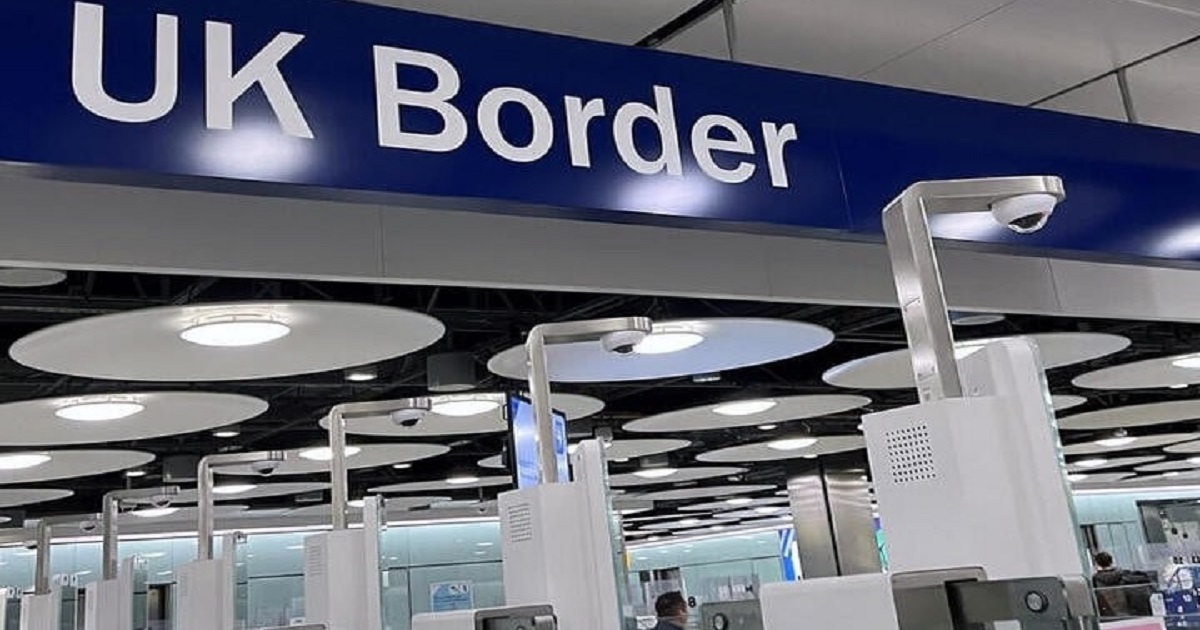


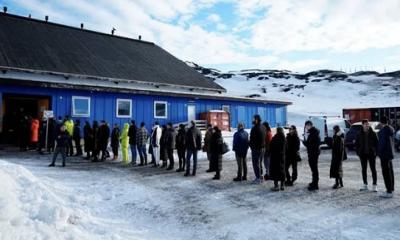
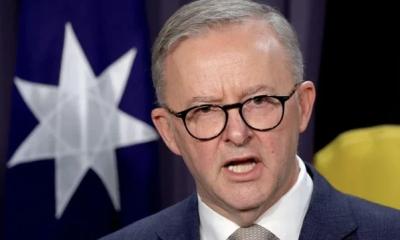

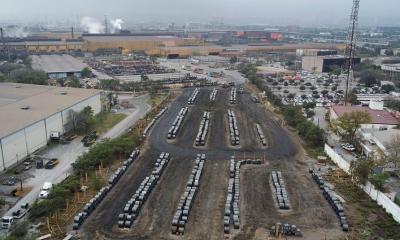
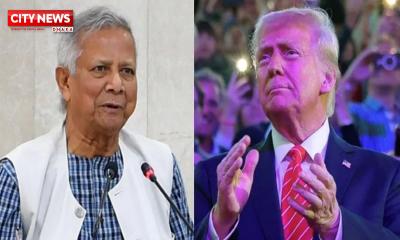












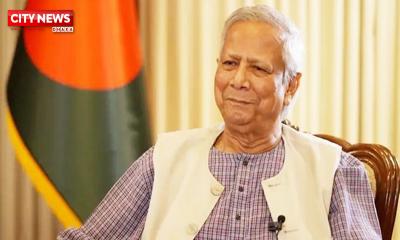
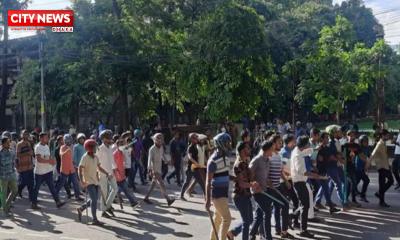
Comment :